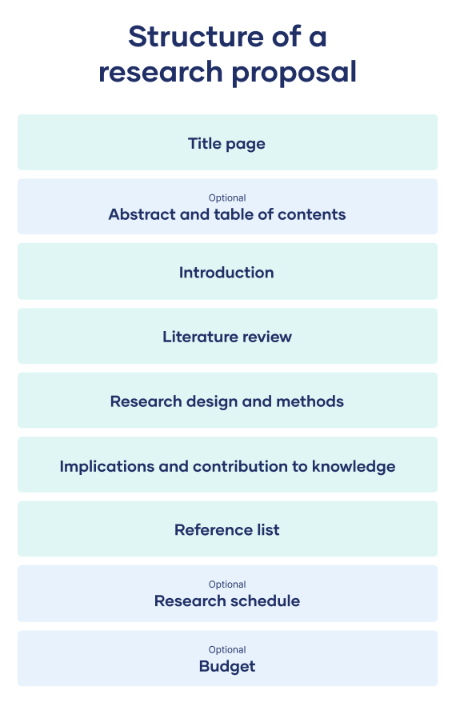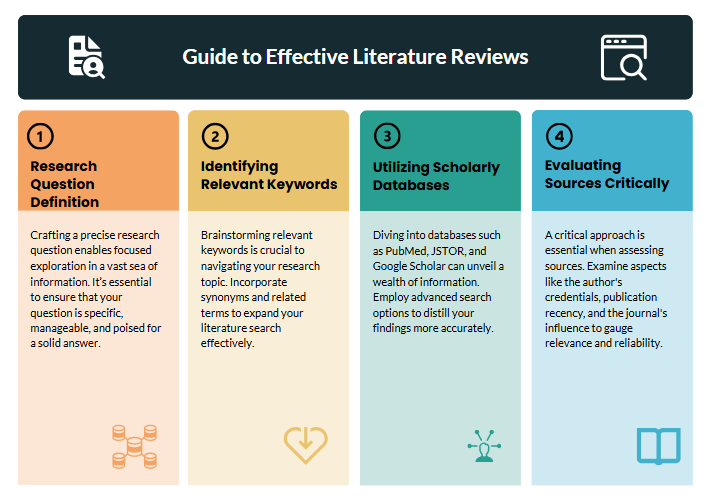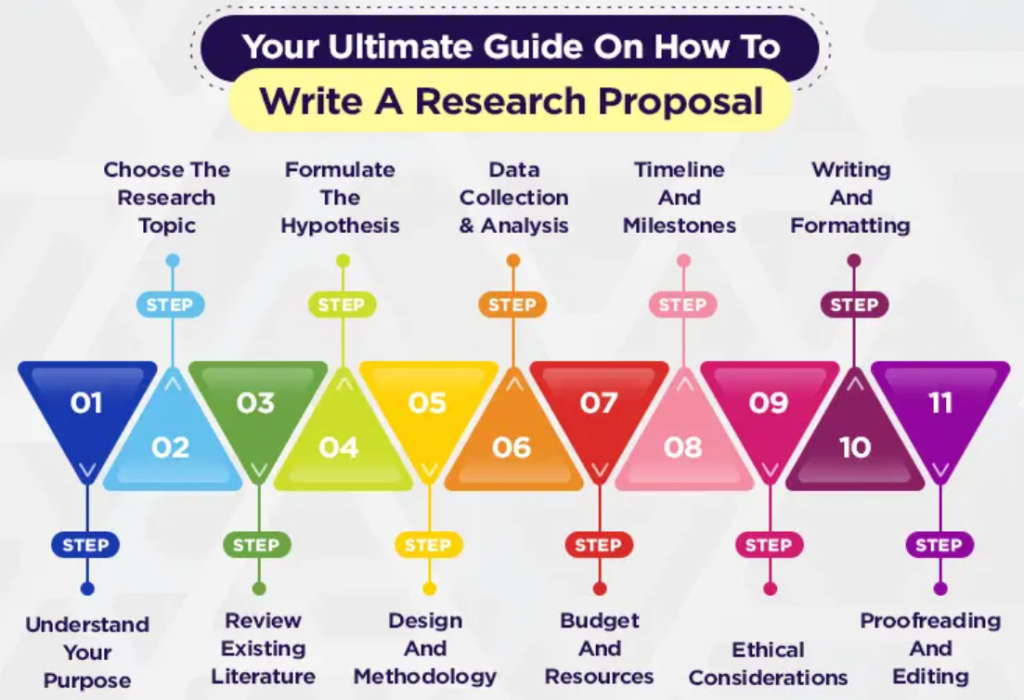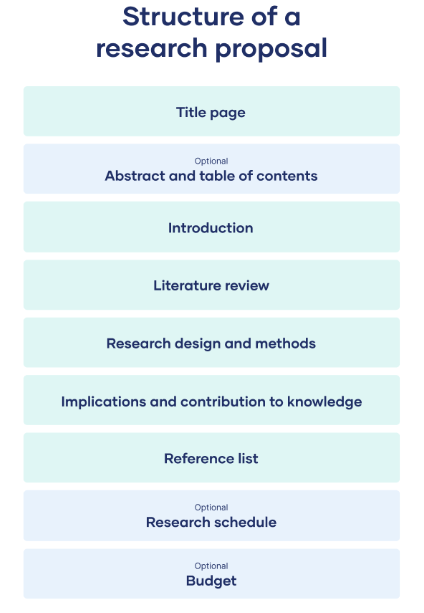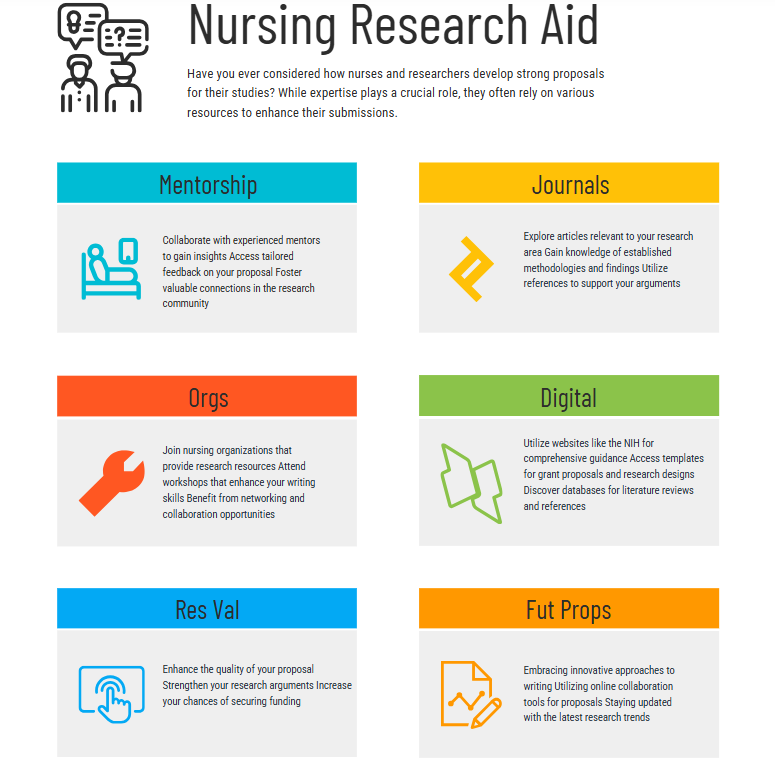
Table of Contents
Embarking on a nursing research project is a significant undertaking. It requires careful planning, meticulous execution, and, most importantly, a solid foundation. That foundation is your nursing research proposal outline. A well-structured nursing research proposal outline serves as a roadmap, guiding you through the entire research process, from initial conceptualization to final dissemination of findings.
This article will delve into the essential components of a nursing research proposal outline, providing you with the knowledge and tools necessary to create a compelling and effective document.
Why is a Nursing Research Proposal Outline Crucial?
Before diving into the specifics, let’s understand why crafting a detailed nursing research proposal outline is paramount to your research success.
- Clarity and Focus: The nursing research proposal outline forces you to clarify your research question, objectives, and methodology. It helps you narrow your focus and avoid getting lost in tangential areas.
- Structure and Organization: A well-defined outline provides a clear structure for your proposal, ensuring logical flow and coherence. This makes it easier for reviewers to understand your research plan and assess its feasibility.
- Time Management: By outlining your research process beforehand, you can estimate the time required for each stage and create a realistic timeline. This helps you stay on track and avoid last-minute rushes.
- Resource Allocation: The nursing research proposal outline allows you to identify the resources you will need, such as personnel, equipment, and funding. This helps you plan your budget and allocate resources effectively.
- Reduced Anxiety: Knowing that you have a well-thought-out plan can significantly reduce anxiety and increase confidence. It allows you to approach the research process with a clear sense of direction.
- Improved Communication: The nursing research proposal outline serves as a communication tool, allowing you to effectively convey your research ideas to mentors, colleagues, and funding agencies.
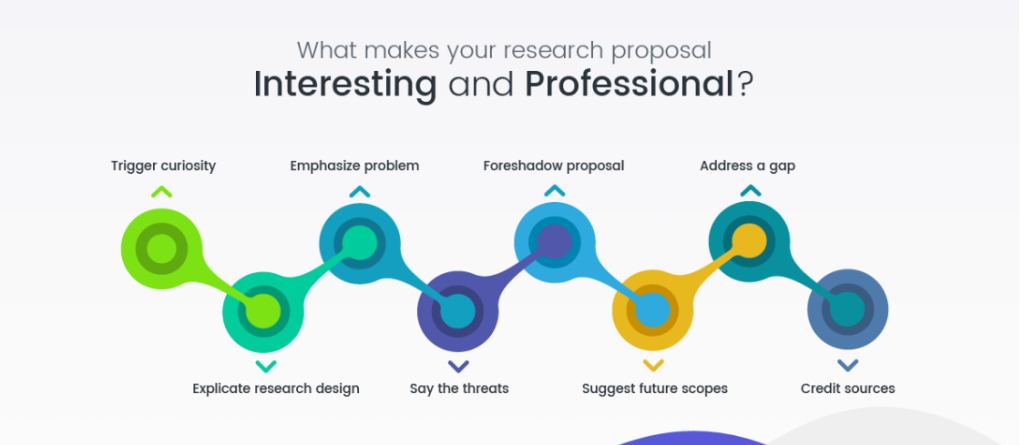
Key Components of a Nursing Research Proposal Outline
A standard nursing research proposal outline typically includes the following sections, although the specific requirements may vary depending on the institution or funding agency. Let’s break down each section:
1. Title Page:
- Title of the Research Project: This should be concise, informative, and reflect the focus of your study. Avoid jargon and keep it engaging.
- Your Name and Affiliation: Clearly state your name and the institution or organization you are affiliated with.
- Date of Submission: Indicate the date the proposal is being submitted.
2. Abstract:
- Brief Overview: This is a succinct summary of your entire research proposal, typically around 250-300 words.
- Key Elements: It should include a brief statement of the problem, research question, methodology, expected results, and potential implications.
- Writing Style: Write the abstract after you have completed the rest of the proposal.
3. Introduction:
- Background Information: Provide a comprehensive overview of the research topic, highlighting its significance and relevance to nursing practice.
- Problem Statement: Clearly articulate the problem you are addressing and why it needs to be investigated.
- Purpose of the Study: State the specific purpose of your research, outlining what you hope to achieve.
- Significance of the Study: Explain the potential impact of your findings on nursing practice, patient outcomes, and healthcare policy.
4. Literature Review:
- Overview of Existing Research: Present a critical analysis of relevant literature, demonstrating your understanding of the current state of knowledge.
- Identification of Gaps: Identify gaps in the existing literature and explain how your research will address these gaps.
- Theoretical Framework: Discuss the theoretical framework that will guide your research.
- Synthesis and Critique: Synthesize the findings of previous studies and critically evaluate their strengths and weaknesses.
5. Research Questions and Hypotheses:
- Clear and Focused Questions: Formulate clear and focused research questions that your study will attempt to answer.
- Testable Hypotheses (if applicable): If your research is quantitative, state testable hypotheses that predict the relationships between variables.
- Alignment with Objectives: Ensure that your research questions and hypotheses are aligned with the purpose and objectives of your study.
6. Methodology:
- Research Design: Describe the research design you will use (e.g., experimental, quasi-experimental, descriptive, qualitative).
- Participants: Specify the characteristics of the participants you will recruit, including inclusion and exclusion criteria.
- Setting: Describe the setting where the research will take place.
- Data Collection Methods: Outline the methods you will use to collect data (e.g., surveys, interviews, observations, physiological measurements).
- Data Analysis Plan: Describe how you will analyze the data you collect (e.g., statistical analysis, thematic analysis).
- Ethical Considerations: Address ethical considerations, such as informed consent, privacy, and confidentiality. Include IRB approval processes.
7. Timeline:
- Detailed Schedule: Provide a detailed timeline for each stage of the research process, including recruitment, data collection, analysis, and dissemination of findings.
- Realistic Deadlines: Set realistic deadlines for each task, considering potential challenges and delays.
8. Budget:
- Detailed Breakdown: Provide a detailed breakdown of all anticipated costs, including personnel, equipment, supplies, and travel.
- Funding Sources: Indicate the sources of funding you will seek to support your research.
9. Dissemination Plan:
- Strategies for Sharing Findings: Describe how you will disseminate your research findings to relevant audiences, such as professional conferences, peer-reviewed journals, and community organizations.
10. Appendices:
- Supporting Documents: Include any supporting documents, such as questionnaires, interview guides, consent forms, and letters of support.
11. References:
- Complete List: Provide a complete list of all sources cited in your proposal, following a consistent citation style (e.g., APA, MLA).
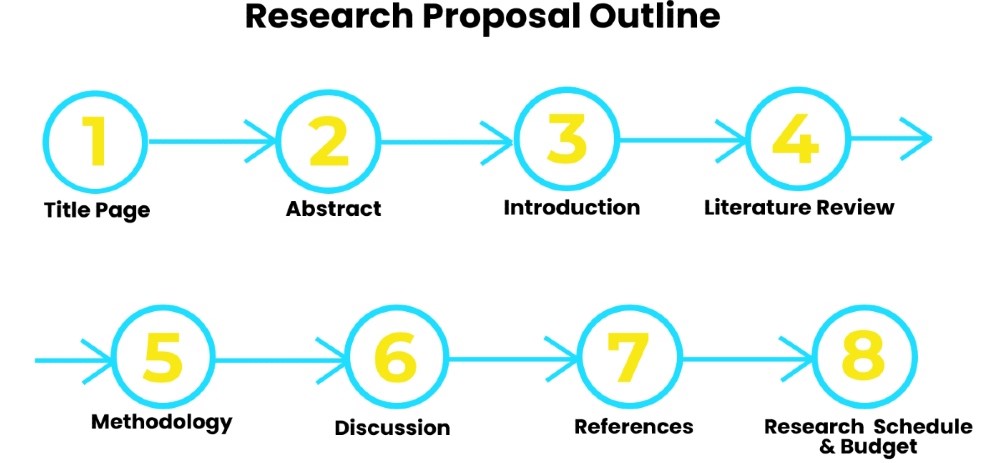
Tips for Crafting an Effective Nursing Research Proposal Outline
- Start Early: Don’t wait until the last minute to begin working on your nursing research proposal outline. Starting early allows you to brainstorm ideas, conduct thorough literature reviews, and refine your research plan.
- Seek Feedback: Ask mentors, colleagues, and experts in your field to review your nursing research proposal outline and provide feedback. Their insights can help you identify areas for improvement and strengthen your proposal.
- Follow Guidelines: Carefully review the guidelines provided by the institution or funding agency to ensure that your nursing research proposal outline meets all requirements.
- Be Clear and Concise: Write in a clear and concise style, avoiding jargon and technical terms that may be unfamiliar to reviewers.
- Be Realistic: Develop a realistic research plan that is feasible within the available resources and time constraints.
- Use Visual Aids: Consider using tables, figures, and diagrams to visually present your research plan and findings.
- Proofread Carefully: Before submitting your proposal, proofread it carefully for any errors in grammar, spelling, and punctuation.
- Tailor Your Proposal: Customize your nursing research proposal outline to the specific requirements and priorities of the funding agency or institution.
- Consult Resources: Utilize online resources and workshops focused on nursing research proposal outline writing to gain additional guidance and support. If you need more personalized assistance, look for help with nursing research proposal outline writing.
- Iteration is Key: View your nursing research proposal outline as a living document that can be revised and refined as you progress through the research process.
Avoiding Common Mistakes in Nursing Research Proposal Outline
Crafting a robust nursing research proposal outline is the foundational step to a successful research project. It’s the blueprint that guides your investigation, ensures clarity, and ultimately helps secure funding or approval. However, navigating the intricacies of proposal writing can be challenging, and common mistakes can derail even the most promising research ideas. The following are some of the most prevalent errors in developing a nursing research proposal outline and practical strategies to avoid them, setting you on the path to a well-defined and impactful study.
1. Vague or Unfocused Research Question
The cornerstone of any research project is a well-defined research question. A vague or overly broad question can lead to unfocused data collection, analysis, and ultimately, inconclusive results.
- Mistake: Using broad, ill-defined terms and lacking a clear scope. For instance, “How does stress affect nurses?” is too broad.
- Solution: Use the PICO(T) framework (Population, Intervention, Comparison, Outcome, Time) to refine your question. Instead, consider: “In hospital nurses (Population), does mindfulness meditation (Intervention) compared to usual care (Comparison) reduce burnout (Outcome) over 8 weeks (Time)?”
- Impact on Nursing Research Proposal Outline: A hazy research question seeps into every section of your outline, from the literature review to the methodology, leading to a disjointed and unconvincing proposal. Clearly defining the question allows for a more focused and compelling nursing research proposal outline.
2. Insufficient Literature Review
The literature review serves to contextualize your research, demonstrating its significance and contribution to existing knowledge. A superficial or incomplete review suggests a lack of understanding of the current state of research.
- Mistake: Relying solely on readily available online sources or failing to critically evaluate the existing literature.
- Solution: Conduct a systematic search of relevant databases (PubMed, CINAHL, Cochrane Library) and critically appraise the quality of included studies. Focus on identifying gaps in the literature that your research will address.
- Impact on Nursing Research Proposal Outline: A weak literature review section weakens the justification for your study and makes it appear redundant. A strong review demonstrates the need for your research and provides a solid foundation for your hypothesis, strengthening your entire nursing research proposal outline.
3. Inappropriate Research Design and Methodology
Choosing the wrong research design or employing flawed methodology can jeopardize the validity and reliability of your findings.
- Mistake: Selecting a design that doesn’t align with the research question or using inappropriate data collection methods. For example, using a qualitative design when a quantitative approach is more suitable for measuring outcomes.
- Solution: Carefully consider the nature of your research question and select a research design that allows you to answer it effectively. Justify your methodological choices and explain how you will address potential biases.
- Impact on Nursing Research Proposal Outline: A poorly justified or inappropriate methodology section will raise concerns about the feasibility and rigor of your study. A well-defined and logically sound methodology is crucial for a compelling nursing research proposal outline.

4. Unrealistic Timeline and Budget
Overly optimistic timelines and underestimated budgets are common pitfalls that can lead to project delays or failure.
- Mistake: Failing to account for potential delays, unexpected expenses, or resource limitations.
- Solution: Create a realistic timeline that incorporates buffer time for unforeseen challenges. Develop a detailed budget that includes all anticipated expenses, such as personnel costs, data collection fees, and publication expenses.
- Impact on Nursing Research Proposal Outline: An unrealistic timeline or budget casts doubt on the feasibility of the project and weakens the overall credibility of the proposal. A well-planned timeline and budget demonstrate careful planning and consideration, bolstering your nursing research proposal outline.
5. Ethical Considerations Overlooked
Failing to adequately address ethical considerations can lead to serious repercussions and potentially jeopardize the integrity of your research.
- Mistake: Not clearly outlining how participant privacy will be protected, informed consent will be obtained, and potential risks will be mitigated.
- Solution: Conduct a thorough ethical review of your proposed research and address all relevant ethical principles, such as autonomy, beneficence, and justice.
- Impact on Nursing Research Proposal Outline: Neglecting ethical considerations is a major red flag. A comprehensive ethical considerations section demonstrates your commitment to responsible research practices and strengthens the ethical foundation of your nursing research proposal outline.
6. Poor Formatting and Clarity
A poorly formatted or unclear proposal can be difficult to understand and may detract from the quality of your research.
- Mistake: Using inconsistent formatting, jargon-laden language, and unclear writing style.
- Solution: Adhere to a consistent formatting style (e.g., APA, MLA) and use clear, concise language that is accessible to your target audience. Proofread carefully for errors in grammar and spelling.
- Impact on Nursing Research Proposal Outline: A messy or poorly written proposal can undermine the overall impression of your research. A well-organized and clearly written nursing research proposal outline reflects professionalism and attention to detail, enhancing its overall persuasiveness.
By carefully avoiding these common mistakes and meticulously crafting each section of your proposal, you can create a compelling and persuasive nursing research proposal outline that increases your chances of securing funding or approval and contributing meaningfully to the field of nursing.
Frequently Asked Questions about Nursing Research Proposal Outline
Embarking on a nursing research project can feel daunting, especially when faced with the crucial task of crafting a robust nursing research proposal outline. This outline serves as the blueprint for your entire research endeavor, ensuring clarity, coherence, and ultimately, increasing your chances of securing funding and approval. But what exactly constitutes a strong outline? Let’s address some frequently asked questions.
What are the Essential Components of a Nursing Research Proposal Outline?
A comprehensive nursing research proposal outline typically includes the following key sections:
- Introduction: This section introduces the research problem, its significance within the nursing field, and clearly states the purpose of your study.
- Literature Review: A critical analysis of existing research relevant to your topic, highlighting gaps in knowledge and justifying the need for your proposed study.
- Research Questions/Hypotheses: Clearly articulated questions your research aims to answer, or hypotheses you plan to test.
- Methodology: A detailed description of your research design, sample population, data collection methods, and data analysis techniques. This section demonstrates the rigor and feasibility of your study.
- Ethical Considerations: An outline of how you will protect the rights and welfare of participants, including informed consent procedures and data security measures.
- Timeline: A realistic schedule outlining the key milestones of your research project.
- Budget: A detailed breakdown of the financial resources required to conduct your research.
- Dissemination Plan: How you plan to share your findings with the nursing community, such as through publications, presentations, or workshops.
How Detailed Should the Outline Be?
The level of detail in your nursing research proposal outline depends on the requirements of the specific institution or funding agency. However, it’s always better to err on the side of thoroughness. Each section should provide sufficient information to convey your understanding of the research process and your ability to execute the study effectively. For example, in the methodology section, be specific about the statistical tests you plan to use or the interview questions you will ask.
Why is a Strong Outline So Important?
A well-structured nursing research proposal outline offers several crucial benefits:
- Clarity and Focus: It helps you to clearly define your research goals and objectives, ensuring your project remains focused.
- Organization: It provides a logical framework for your research, ensuring a smooth and coherent flow from beginning to end.
- Feasibility Assessment: It allows you to identify potential challenges and limitations early on, enabling you to adjust your plans accordingly.
- Convincing Argument: It presents a compelling argument for the importance and feasibility of your research, increasing your chances of securing funding and approval.
Ultimately, investing time and effort into developing a detailed and well-thought-out nursing research proposal outline will lay the groundwork for a successful and impactful research project.`
Conclusion
Crafting a robust nursing research proposal outline is essential for success in nursing research. By following the steps outlined in this article, you can create a compelling and effective document that will guide you through the entire research process. Remember to start early, seek feedback, follow guidelines, and be realistic in your planning. A well-developed nursing research proposal outline will not only increase your chances of securing funding and approval but will also provide a solid foundation for conducting high-quality research that contributes to the advancement of nursing knowledge and practice.
Your dedicated effort in creating a comprehensive nursing research proposal outline will pay off significantly in the long run, leading to a more successful and impactful research endeavor. Don’t underestimate the power of a strong nursing research proposal outline – it is the cornerstone of your research journey.
Get Professional Nursing Research Proposal Help
At Nursing Papers, we can help you to craft an authentic and compelling nursing research proposal outline. Our service covers research proposal writing, proofreading, editing, formatting and plagiarism removal. We can also assist you with writing essays, research papers, case studies, thesis and dissertations.


